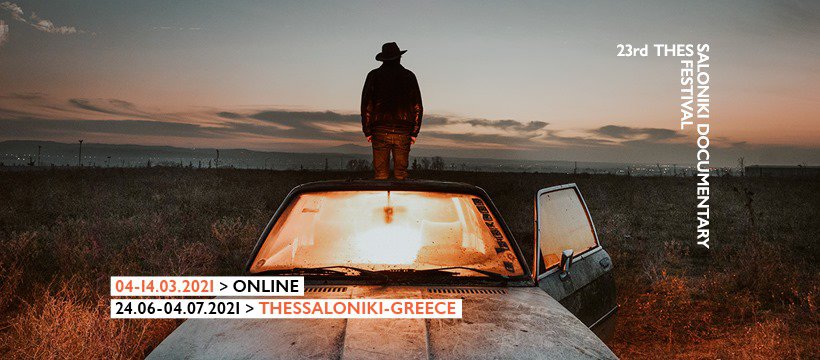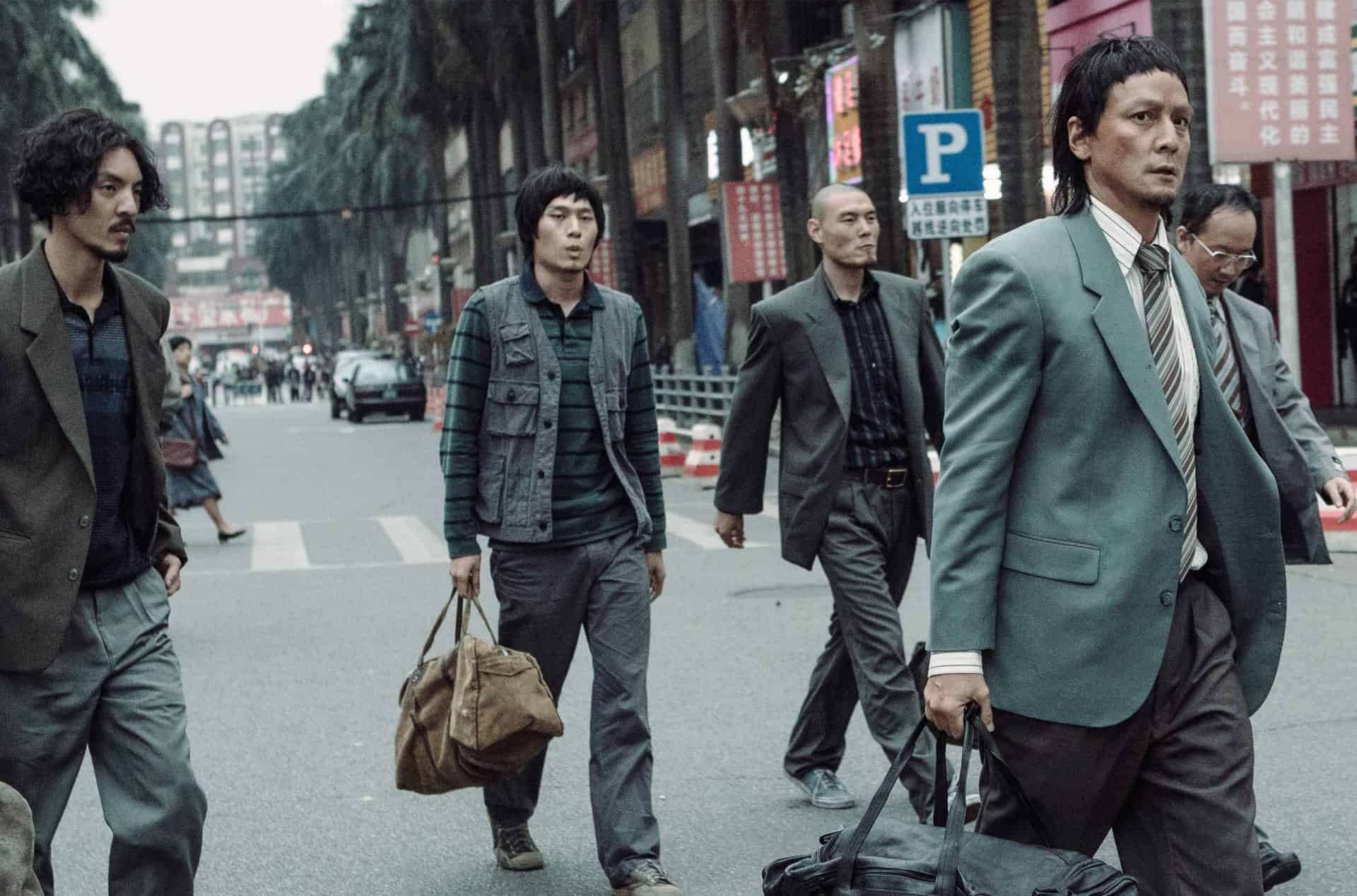Having already won more than 20 awards from festivals all over the world, including ones in Sundance, Berlin and Thessaloniki, “Midnight Traveler” has emerged as one of the best documentaries of the year, as it continues its festival run.
Midnight Traveler is screening at the Thessaloniki Documentary Festival

The documentary begins in 2015, in Tajikistan, where Hassan Fazili, an Afghan filmmaker, his wife and also filmmaker Fatima Hussaini, and their two daughter, Nargis and Zahra, are about to leave the country after a 14 months stay that was instigated by the Taliban targeting them in Kabul. Just before they leave, they made an agreement with Emelie Mahdavian, a California-based documentarian they met in Tajikistan and the editor of the film, to shoot their trip in their mobile phones and send her the footage in order to come up with a documentary. The result, four years later, was “Midnight Traveler”.
What makes “Midnight Traveler” stand out is its approach towards a subject that has been presented a number of times since 2015: forced immigration due to war. However, Fazili's effort does not focus on the dramatic aspect of his situation, but instead functions as a kind of home video of a family that struggles, but also knows how to laugh and enjoy the few good moments they experience in their travel. This part is what elevates the film beyond any kind of dramatization or forced sentimentalism, although the dire situation the family and in essence, all people in their stead experience, is highlighted quite eloquently.
At the same time, the documentary functions as a rather harsh road movie, as the viewer watch the family's odyssey from Tajikistan to the Middle East and eventually various refugee camps in Europe. The hardships they face occasionally seem as like something from the script of a thriller, as we watch smugglers threatening to kidnap their daughters, Bulgarians threatening Hassan, hitting other immigrants and even being on the verge of storming the refugee camp they stayed in. At the same time, and particularly through Nargis's own narration and the moments that focus on her, the film functions as a rather intense coming-of-age movie, as we watch her breaking down under the circumstances but also dancing to Michael Jackson songs or enjoying the snow along with her delighted sister.
This combination, of highlighting the trials of prolonged immigration, particularly on children, but through details, small scenes here and there and the overall narrative, without any kind of effort to force sympathy or any kind of sentiment for that matter, emerges as the film's biggest trait, and actually owes much to Mahdavian's excellent editing, particularly because it does manage to draw intense sentiments from the viewer.
If one wants to realize the situation and the overall circumstances the refugees who flee to Europe face, one has to look no further, “Midnight Traveler” offers the best look in the subject, that of the “insider”.















